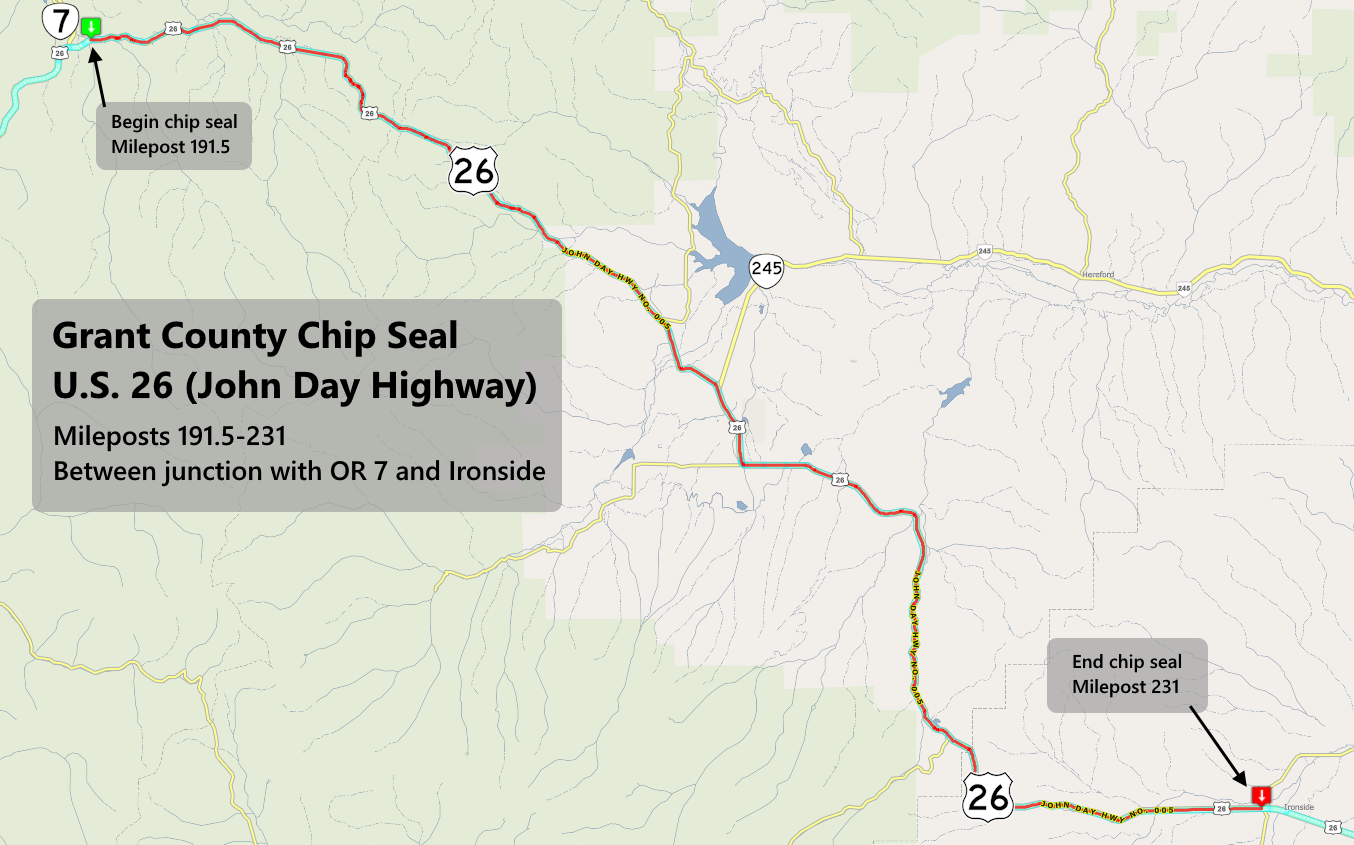Help rural women escape violence
Published 5:00 pm Tuesday, October 21, 2003
Guest Opinion
Many of us face the awful suspicion that a woman we know is the victim of domestic abuse.
Naturally, we want to help; but it’s hard to know what to do. It seems easier to pretend that nothing is wrong, but that gives both the woman and batterer the impression that we don’t notice or care. Batterers count on us not to notice.
What can we do to address the problem?
First, learn all you can about social services, law enforcement, and special programs for battered women in you area. The more you know about local resources, the more you have to offer a woman in need. Then, find a time to talk to the woman privately, if you’re at a loss for what to say, ask local advocates for help.
If the woman wants to talk, listen with an open heart. Don’t evaluate or judge. Believe and support her; don’t blame or badger her or tell her what to do. Just be yourself and express what will matter most to her, your concern. If she is ready to leave, help her get in touch with a battered women’s program. Counselors can help her sort through her options and make plans for her safety. In rural communities that don’t have shelters, they can find her a safe place to go. Both the district attorney’s office and COBRA can help find the necessary resources.
Even if the woman you want to help denies that she is abused, you can offer to support and help her if she ever feels the need to call on you. Recognize that her life is more complicated than you can know, and that she may not respond as you wish she would. Understand that getting free is a process that takes time; many women leave and return more than once before finally breaking away. Freely offer your continuing support and you may become part of her process of saving herself. And whether she stays or leaves, you can give her information about local services that can help. Above all, let her know that no one deserves to be abused.
If you instead choose to talk to a man who is hurting his wife or girlfriend, think first of her safety.
If you confront a batterer in a hostile way, he may very well take it out on her. Approach him with understanding. Express you concern for him and let him know that you are worried about him and don’t want him to get into trouble or lose his family.
Let him know that you don’t condone violence and encourage him to change. Chances are, he will want to talk about the faults of his wife. Keep the focus on him and make it clear that since he chooses to be violent, he is accountable for it. Put him in touch with a batterers’ education program where he can get help, and offer to go with him to the first meeting.
The Grant County Center for Human Development offers such a class.
Whether or not you know a woman or man who needs your help, the most powerful and empowering thing you can do as an individual is to work for change by becoming involved in the effort to end violence.
What can you do?
Join or organize a domestic violence study or support group at your church or social club. Talk with your children’s teachers about introducing school curricula that teach kids about violence in the family. When somebody tells a joke that degrades women, let that person know he’s not funny.
Simply by speaking up, we can change the climate of indifference that has allowed violence to flourish all these years.
Judges, prosecutors, police officers, physicians, nurses, teachers, clergy, journalists, and others have special responsibilities to end domestic violence, but every one of us can help.
Individually and together, we can make a difference.
Karen Batten is the Grant County deputy district attorney.






